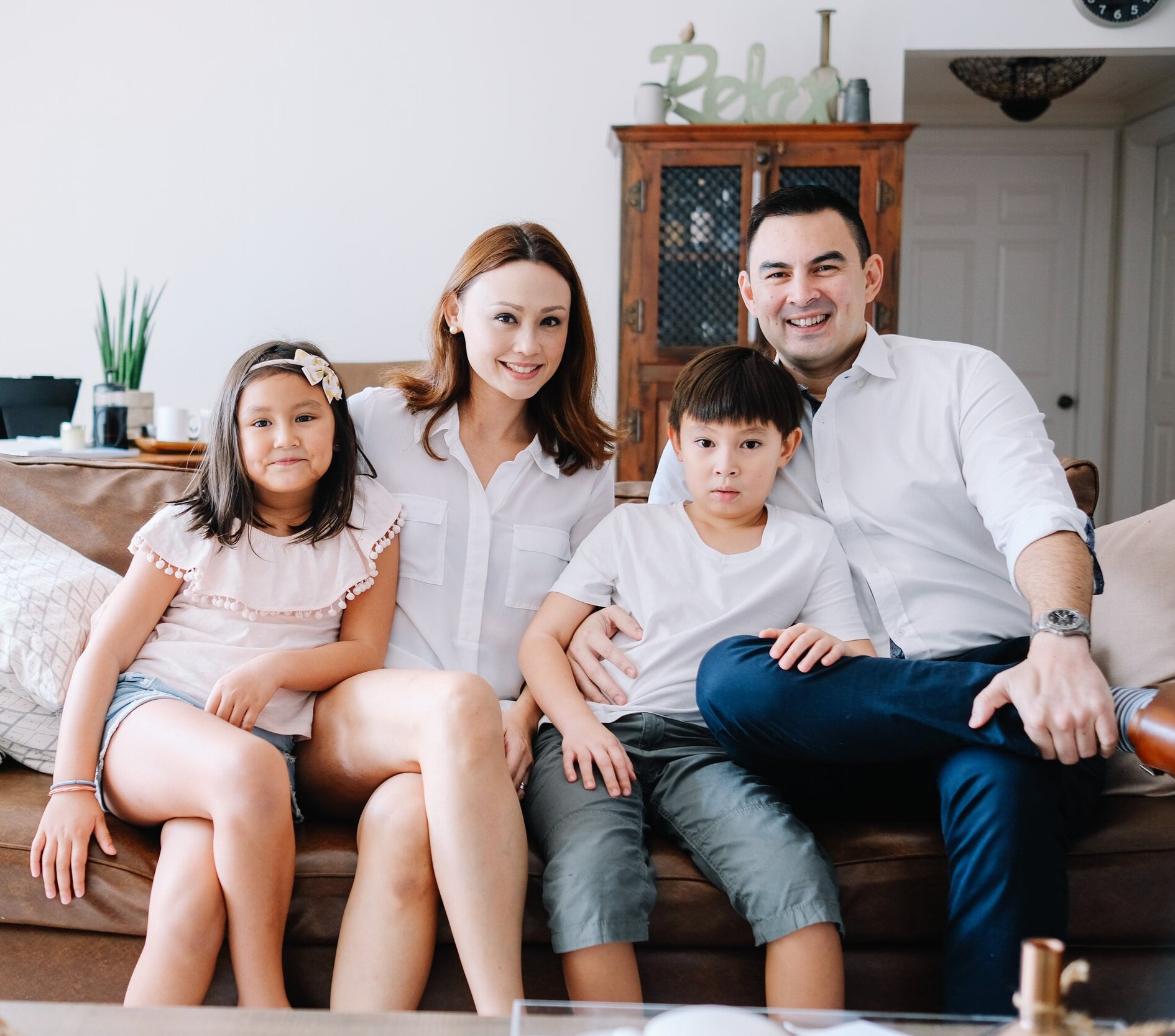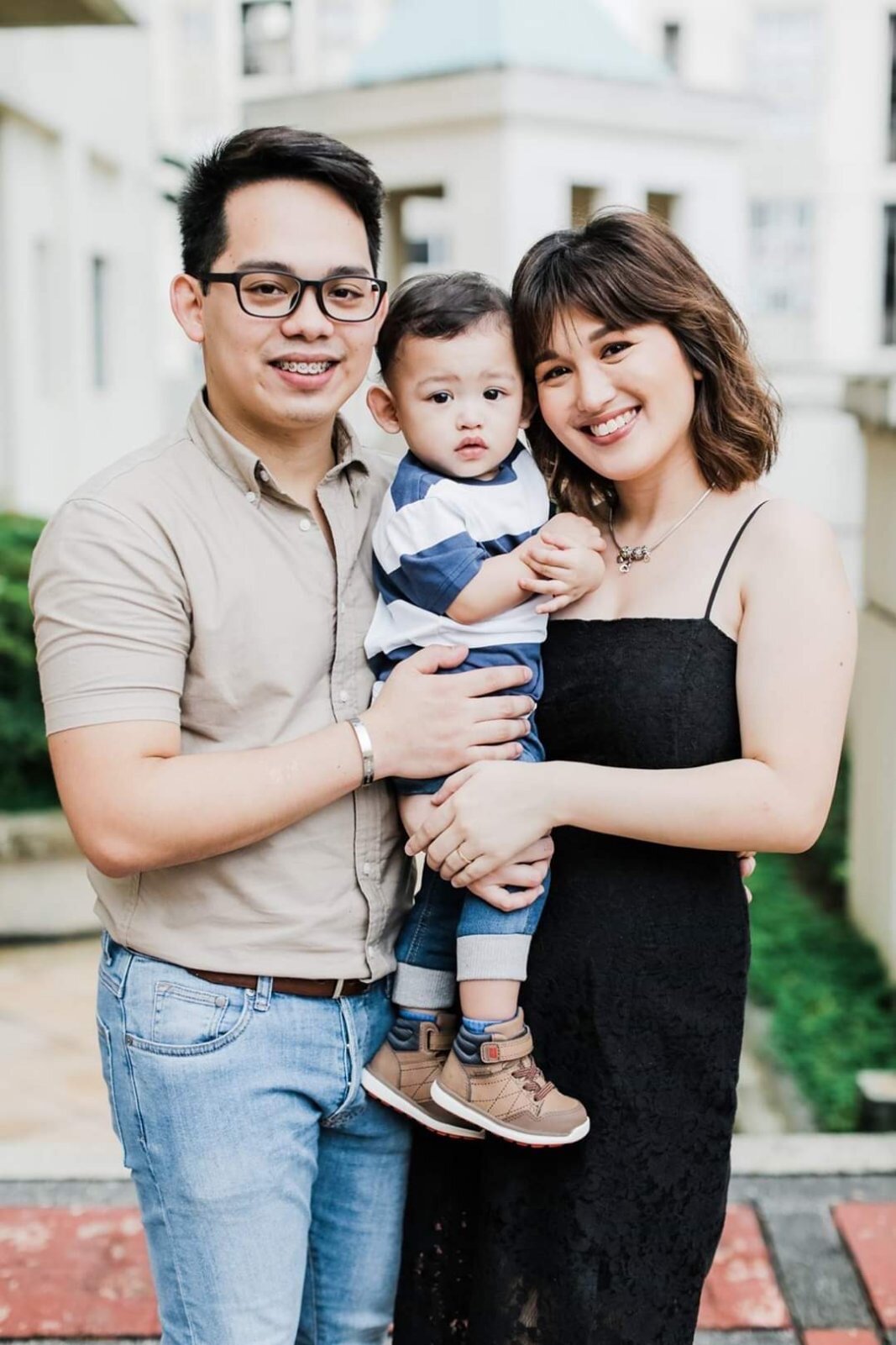Like many other grave ailments, the novel coronavirus, known as COVID-19, is a serious threat whose gravity is not felt until it hits home. It is very different to know the virus as a statistic on television or as the reason behind social restrictions and to know the virus as the silent thief that takes a relative or the reason why you couldn’t be there in their final moments. For three Mommy Mundo moms, the virus made itself known as closely as possible–as the reason why they were forced into isolation, into hospitals, and into the dreadful anxiety that leaves one wondering if they would be one of the ones to survive.
Testing Positive
“At first, I was in denial,” shares Carla Villanueva-Manas, an Executive Coach and mom of two teenaged kids. “At that time, there was news of patients going to the hospital and staying for weeks, or, worse, losing the battle and never coming back home.” Though nerve-wracking, Carla had to put her anxiety aside and prepare. The night before she went to the hospital, she and her family discussed how they would live with her in the hospital, in isolation. Chores were divided, contact tracing and informing was done (Carla responsibly told everyone she’d been in contact with for the past two weeks that she had become a COVID PUI, and later she messaged the same people when her result came back positive for COVID-19), and important documents were put in order. A serious discussion on what would happen if her husband also tests positive also took place. The final step was to turn to prayer.
“I turned to God,” says Marilen Faustino-Montenegro, mirroring Carla’s sentiments. The interior designer and mom of three fought her battle with COVID-19 at home, but not without the same stresses and worries as everyone who has had to fight the virus. “And I fought negative thoughts,” she continued. Marilen, who admits that the diagnosis and the symptoms–at one point her breathing was so laboured it felt like she was breathing through a straw–left her anxious and fearful, knew she needed to find strength to show a brave front for her children. Being able to constantly communicate with her doctors–albeit through text and calls–really helped.
On the receiving end of such texts and calls, Pamie Rivera is a nurse who worked in the COVID ward of her hospital. “I’m asymptomatic,” she says. “I exhibited no symptoms. The only reason why I was tested is because I am a nurse having multiple patient exposure.” Pamie’s husband, also a nurse, tested negative. At the time of this interview, Pamie was still in isolation, in the hospital, and away from her family.
Navigating. Adjusting.
In every situation, testing positive for COVID-19 meant planning and preparing. Pamie and her husband were prompted to do what was necessary for their family, which involves sending their two-year-old son to live with relatives so that he can quarantine and stay safe while Pamie stays in the hospital and her husband continues his nursing duties, coincidentally in the same COVID ward. Having their son in another home, allows her husband to work without worrying that their child might contract the disease.
Her husband has taken on the task of caring for the household, making sure it is clean and well stocked for when Pamie comes home. While it seems everything is in place, Pamie confirms the obvious fact that it is difficult to be away from home and family. In their COVID ward, a lot of communication is done through telephone rounds, and doctors only visit patients in need of assessment. Because of this isolation, Pamie–now more than ever–values communication.
“Giving a family member or a friend a call, offering a hand or even a prayer goes a long way in helping each other recover whether you have COVID or not.”
Marilen’s family, on the other hand, adjusted by creating schedules for supply runs and disinfecting routines. The home-isolation (versus the hospital isolation) allowed them to focus on being together as a family. She admits that fighting off the desire to go outside and feeling sunshine was difficult for them, but she knew the importance and the greater good of staying inside. They keep their thoughts on the fact that they can be together and have each other despite the challenges and necessary precautions. Marilen and her husband have actually taken it as an opportunity to teach their children gratitude and joy.
“My husband and I intentionally emphasize the importance of being thankful and counting your blessings as well as maintaining a positive outlook,” she shares. “It is sad that my children have to grow up in a world such as this, but they are resilient IF we teach them to be,” she continues with pride.
Carla, who was in hospital isolation for 44 days, shares that same pride of how her children are handling the situation. “They adjusted really well, became more responsible and stepped up to help in the house chores, preparing meals, cleaning the house and even handling their own online enrollment. A lot of funny incidents along the way but everything turned out well,” she says.
Beyond the home adjustments, both Carla and her children also responded by taking action. As a family, they started a fund drive named “ALAY sa Pinoy Frontliners,” which handled donations. Her 14 and 16-year-old children took charge of sorting, packing, and dispatching donations while she was in the hospital. Following that, she founded “The Hope Mart,” an online shopping service that sells grocery store items and other essentials at low cost, so as to help struggling families still obtain their groceries and essential supplies.
“I think our kids are going to come out of this experience more conscious of protecting their health but also living the very best of the human spirit. I think they will grow up less materialistic, more focused on the application of learning rather than the memorization, more caring of the environment, more socially responsible and more importantly more loving and more compassionate,” says Carla.
Roads to Recovery
Carla, Marilen, and Pamie all share the sentiment that the virus is a call to make the world a better place. Children are likely to grow up valuing family and have an appreciation for life and being able to go outdoors to enjoy the world around them. As mothers, they are learning to be more present to their children, focused on being in the now instead of completing or planning.
Succinctly, Carla explains, “This experience is a reminder for me to live life more mindfully and to be more intentional as a parent. To prioritize where to put my time and energy and be more present in the moment. I had this conversation with a friend-parent right before ECQ, and this experience cemented those realizations. To be intentional as a parent means looking at life with a lens of gratitude, being able to enjoy our children and being intentional in our choices, to focus on the experience of be-ing instead of complet-ing or achiev-ing, and to choose to shift and come from acceptance rather than control. After all, coming from my own experience no matter how much we plan or prepare we can’t choose what the future will bring but we can choose how we react to it.”



Leave a Reply